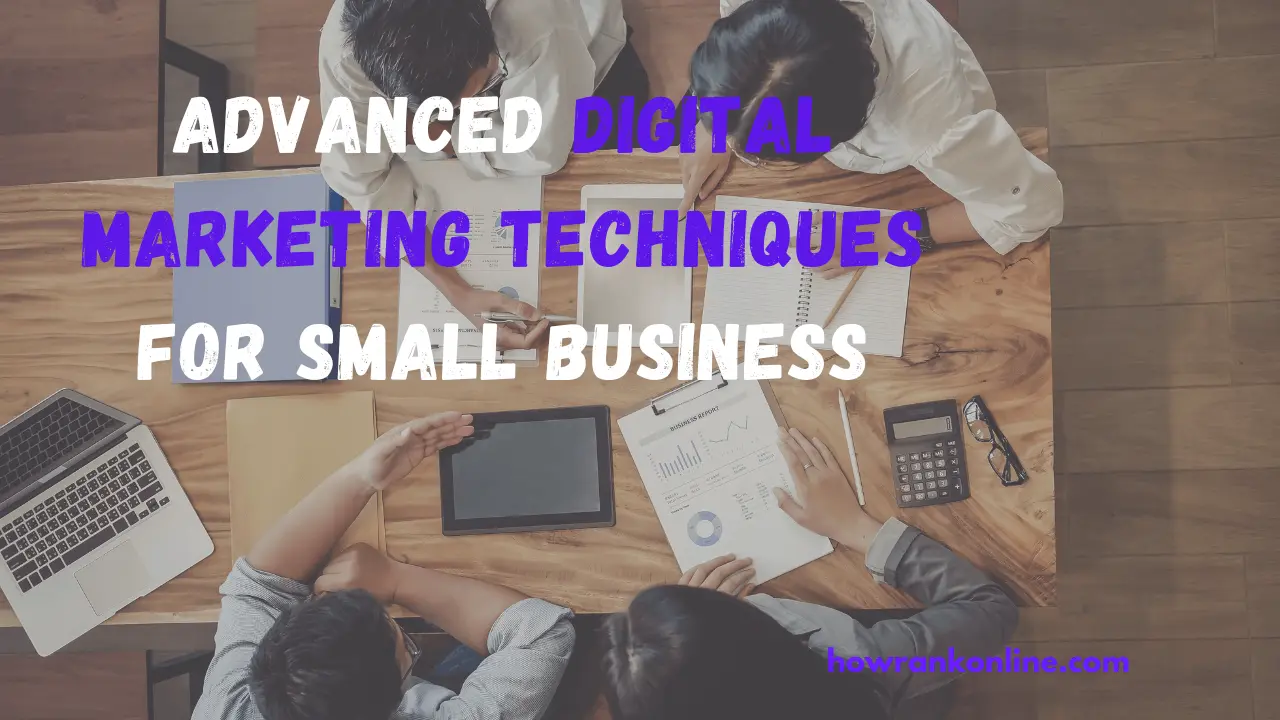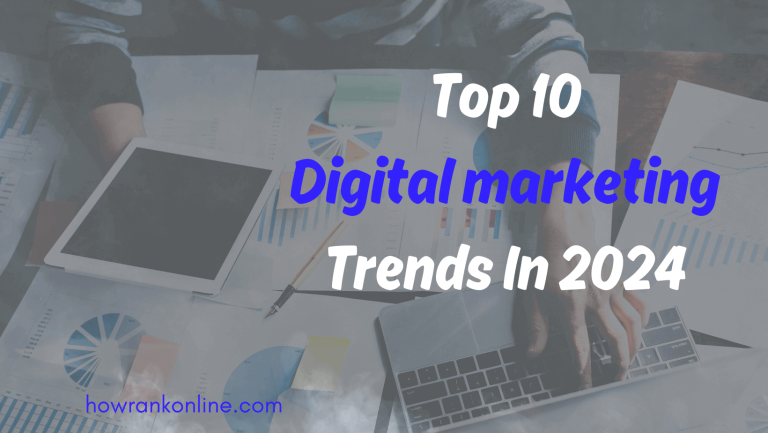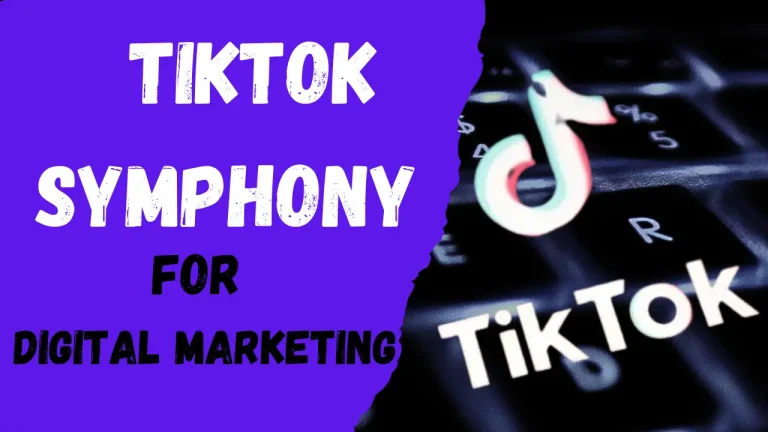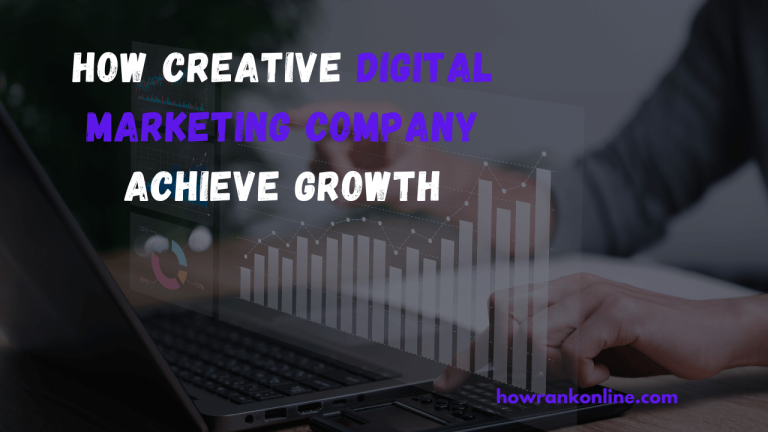In today’s highly competitive digital landscape, small businesses must employ advanced digital marketing techniques to reveal how rank online and reach their target audience effectively. Traditional marketing methods are no longer sufficient in the digital age, where online presence and visibility are paramount. This article explores fifteen Advanced Digital Marketing Techniques For Small Business tailored specifically for small businesses, aiming to maximize their online presence, engage their audience, and drive sustainable growth.
Table of Contents
1. Introduction to Advanced Digital Marketing Techniques
Small businesses are increasingly turning to advanced digital marketing techniques to compete with larger corporations in the online space. Digital marketing offers a cost-effective way to reach a targeted audience, build brand awareness, and drive conversions. Additionally, social media platforms such as Facebook, Instagram, and LinkedIn provide avenues for businesses to engage directly with their customers, gather feedback, and tailor their marketing strategies accordingly. Furthermore, search engine optimization (SEO) plays a crucial role in ensuring that small businesses’ websites rank higher in search engine results, increasing visibility and attracting organic traffic. Embracing email marketing campaigns and content marketing strategies also helps businesses maintain a consistent online presence and nurture leads effectively.
2. Search Engine Optimization (SEO)
SEO remains a cornerstone of advanced digital marketing techniques, especially for small businesses aiming to improve their online visibility. On-page SEO involves optimizing website content, meta tags, and URL structures, while off-page SEO focuses on building high-quality backlinks and improving domain authority. Additionally, local SEO strategies are vital for small businesses targeting specific geographical areas, ensuring they appear prominently in local search results. Moreover, keeping up with the latest SEO trends and algorithm updates is crucial for staying competitive and maintaining search engine rankings amidst evolving search engine algorithms and user behaviors.
3. Content Marketing
Content marketing involves the creation and distribution of valuable, relevant, and consistent content to attract and retain a specific audience. Small businesses can leverage various content formats such as blog posts, infographics, videos, and eBooks to engage their audience and establish thought leadership. Additionally, user-generated content, including testimonials and reviews, can significantly boost credibility and trust among potential customers. Collaborating with influencers or industry experts to create content can also extend the reach and impact of a small business’s content marketing efforts, tapping into existing audiences and networks for greater exposure and engagement.
4. Social Media Marketing
In advanced digital marketing techniques Social media platforms provide small businesses with powerful tools to connect with their audience, build brand loyalty, and drive website traffic. Effective social media marketing involves understanding the target audience, crafting engaging content, and actively engaging with followers. Utilizing features such as targeted advertising and analytics helps businesses optimize their social media campaigns for maximum impact and ROI. Moreover, staying updated with platform algorithm changes and trends ensures that businesses adapt their strategies to maintain visibility and relevance in the ever-evolving social media landscape. Additionally, fostering genuine relationships with followers through meaningful interactions and community-building efforts fosters long-term brand loyalty and advocacy.
5. Email Marketing
Email marketing continues to be one of the most effective methods for nurturing leads and converting prospects into customers. Small businesses can build an email list through lead magnets and opt-in forms, and then send personalized and targeted email campaigns to drive sales and foster customer relationships. Additionally, employing segmentation and automation tools allows businesses to tailor their email content based on subscribers’ preferences, behaviors, and demographics, enhancing engagement and conversion rates. Moreover, integrating email marketing with other digital marketing channels, such as social media and content marketing, creates a cohesive and integrated approach that strengthens brand messaging and reinforces customer touchpoints across multiple platforms.
6. Pay-Per-Click (PPC) Advertising
PPC advertising allows small businesses to target specific keywords and demographics, ensuring their ads reach the most relevant audience. Platforms like Google Ads and Facebook Ads offer robust targeting options and measurable results, making them ideal for small business marketing campaigns. Additionally, PPC advertising provides instant visibility and control over ad spend, allowing businesses to adjust their budgets and strategies in real-time based on performance metrics. Moreover, implementing retargeting campaigns further enhances conversion rates by re-engaging users who have previously interacted with the business website or shown interest in its products or services.
7. Influencer Marketing
Collaborating with influencers can help small businesses expand their reach and credibility within their niche. By identifying relevant influencers and forging authentic partnerships, businesses can leverage influencer marketing to increase brand awareness and drive conversions. Influencers, with their engaged audiences, can effectively showcase products or services in a relatable and trustworthy manner, thereby influencing purchasing decisions. Additionally, collaborating with influencers offers opportunities for user-generated content creation, social proof, and community engagement, fostering stronger connections with the target audience. Moreover, micro-influencers, who have smaller but highly engaged followings, can be particularly beneficial for niche-specific marketing efforts, offering cost-effective yet impactful promotion options for small businesses.
8. Video Marketing
Video has emerged as a dominant form of content on social media and other digital platforms. Small businesses can capitalize on this trend by creating engaging video content that educates, entertains, and inspires their audience, ultimately driving engagement and sales. Platforms like YouTube, TikTok, and Instagram provide opportunities for businesses to showcase their products or services in action, share behind-the-scenes glimpses, and connect with their audience on a more personal level.
Moreover, live streaming has become increasingly popular, allowing businesses to interact with their audience in real-time, answer questions, and host interactive events, fostering a sense of community and loyalty. By incorporating video into their marketing strategy, small businesses can effectively stand out in crowded digital spaces and capture the attention of their target audience. In this journey Creative digital marketing company is a best partner.
9. Mobile Marketing
With an increasing number of consumers accessing the internet via mobile devices, small businesses must optimize their marketing efforts for mobile users. Mobile-responsive websites, SMS marketing, and mobile apps are essential components of a comprehensive mobile marketing strategy. Ensuring that websites are optimized for mobile viewing enhances user experience and reduces bounce rates, ultimately leading to higher conversion rates.
Additionally, SMS marketing provides a direct and immediate way to reach customers, delivering promotions, updates, and reminders directly to their mobile devices. Investing in a mobile app allows businesses to create a personalized and immersive brand experience, fostering customer engagement and loyalty. By prioritizing mobile marketing strategies, small businesses can effectively connect with their on-the-go audience and stay competitive in today’s digital landscape.
10. Analytics and Data Tracking
Analytics tools provide small businesses with valuable insights into their marketing efforts, allowing them to measure performance, identify trends, and optimize campaigns for better results. By tracking key metrics such as website traffic, conversion rates, and customer behavior, businesses can make data-driven decisions to improve their marketing strategies. These tools enable businesses to understand which marketing channels and tactics are most effective in reaching their target audience and driving desired outcomes. Moreover, analyzing data over time helps businesses adapt to changing market conditions and consumer preferences, ensuring their marketing efforts remain relevant and impactful. Overall, leveraging analytics empowers small businesses to maximize their return on investment and achieve long-term growth and success in the competitive digital landscape.
11. Automation Tools
Marketing automation tools help small businesses streamline tasks like email marketing, social media scheduling, and lead nurturing. By automating these processes, businesses save time, increase efficiency, and deliver personalized experiences. These tools enable workflows triggered by specific criteria or user behavior, such as sending targeted follow-up emails or scheduling social media posts for optimal engagement. They also offer analytics for campaign performance insights. Integrating automation empowers small businesses to scale efforts, nurture leads effectively, and focus on growth strategies.
12. Remarketing Strategies
Remarketing is an effective digital marketing strategy that helps small businesses target users who have already visited their website or engaged with their brand. By showing targeted ads across different platforms, businesses can increase brand awareness and encourage users to take specific actions. This strategy leverages users’ familiarity with the brand to remind them of their interest and prompt them to make a purchase or sign up for a newsletter. Remarketing also allows businesses to personalize their messaging based on users’ past interactions, making their advertising more relevant and impactful. Overall, it is a powerful tool for small businesses to re-engage potential customers and drive valuable actions.
13. Local SEO
Local SEO is vital for small businesses with physical locations, as it helps attract customers in the area. Optimizing Google My Business listings, getting local citations, and earning positive reviews are key strategies for improving local search visibility and driving foot traffic. Google My Business optimization ensures businesses appear prominently in local search results and Google Maps, providing important information to potential customers. Acquiring local citations establishes credibility and authority in the local area, while positive reviews enhance reputation and trustworthiness. Prioritizing local SEO efforts allows small businesses to connect with nearby customers and increase foot traffic.
14. Chatbots and AI in Marketing
Chatbots and artificial intelligence technology are revolutionizing customer service and marketing automation for small businesses. Chatbots can provide instant responses to customer inquiries, offer personalized recommendations, and even facilitate transactions, enhancing the overall customer experience and driving sales. These AI-powered tools enable businesses to handle a high volume of inquiries efficiently, freeing up human resources for more complex tasks. Moreover, chatbots can learn from customer interactions over time, improving their accuracy and effectiveness in addressing customer needs. By incorporating chatbots into their customer service and marketing strategies, small businesses can deliver timely and personalized support, ultimately fostering stronger relationships with their customers and boosting revenue.
15. Emerging Trends in Digital Marketing
Small businesses must stay abreast of emerging trends in digital marketing to remain competitive in their industry. Voice search optimization, augmented reality marketing, and immersive experiences are among the latest trends shaping the future of digital marketing, offering new opportunities for small businesses to innovate and engage their audience.
Also Read: How Creative Digital Marketing Company Achieve Sustainable Growth
Conclusion
In conclusion, advanced digital marketing techniques offer small businesses a myriad of opportunities to expand their reach, engage their audience, and drive business growth in the digital age. By implementing a comprehensive digital marketing strategy that incorporates SEO, content marketing, social media, email marketing, and other advanced tactics, small businesses can effectively compete with larger competitors and thrive in today’s competitive landscape.
Embracing advanced digital marketing techniques is crucial for small businesses looking to succeed in today’s competitive landscape. By leveraging strategies such as SEO, content marketing, social media, and email marketing, small businesses can enhance their online presence, engage their audience, and drive sustainable growth.







